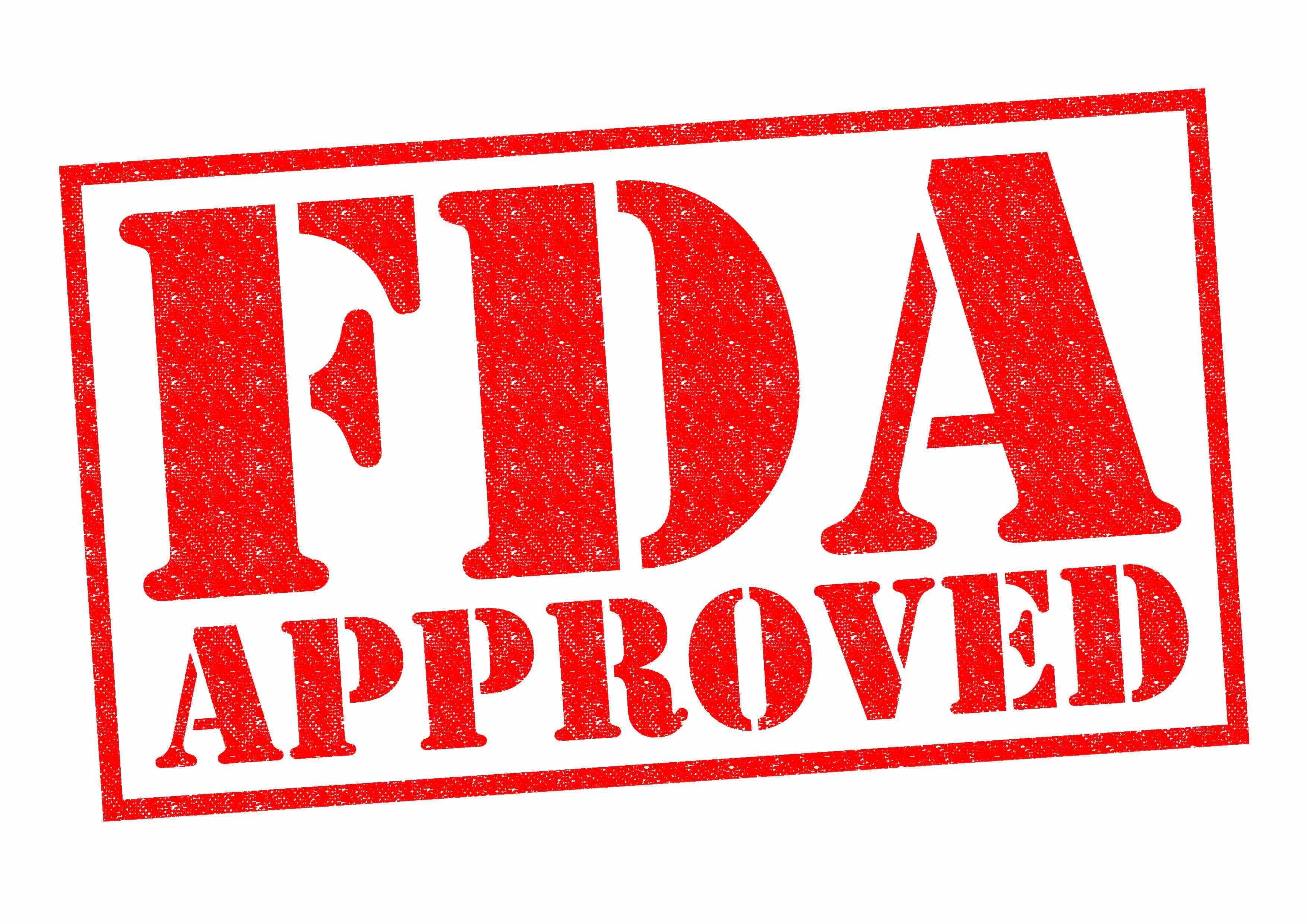- Center on Health Equity & Access
- Clinical
- Health Care Cost
- Health Care Delivery
- Insurance
- Policy
- Technology
- Value-Based Care
FDA Approves Medtronic’s Extravascular Defibrillator for Ventricular Arrhythmia
The first-of-its-kind Aurora EV-ICD system offers a single-device, single procedure with a lead placed outside of the heart and veins.
This article was originally published by HCPLive. This version has been lightly edited.
The FDA has approved the Aurora Extravascular Implantable Cardioverter-Defibrillator (EV-ICD) MRI SureScan and the Epsila EV MRI SureScan defibrillation lead to treat ventricular arrhythmia leading to sudden cardiac arrest (SCA).1
Announced in a news release by Medtronic on October 23, 2023, the first-of-its-kind Aurora EV-ICD system offers a single-device, single procedure with a lead placed under the sternum, outside of the heart and veins. The system can deliver life-saving defibrillation, anti-tachycardia pacing, and pause-prevention pacing therapies in a device similar in shape, and longevity to traditional, transvenous ICDs.
FDA Approved - chrisdorney - stock.adobe.com.jpg

According to Medtronic, the Aurora EV-ICD system will be commercially available on a limited basis in the United States within the coming weeks.
“The Aurora EV-ICD system is a tremendous step forward in implantable defibrillation technology,” said Bradley P. Knight, MD, medical director of electrophysiology at Northwestern Bluhm Cardiovascular Institute, in a statement.1 “Placing the leads outside of the heart, rather than inside the heart and veins, reduces the risk of long-term complications, ultimately allowing us to further evolve safe and effective ICD technology.
ICDs can be highly effective in providing life-saving therapy for individuals at risk of sudden cardiac arrest, including ventricular tachycardia and ventricular fibrillation. If left untreated, sudden cardiac arrest can be fatal. Traditional ICDs are implanted below the collarbone, with the lead placed through the veins and into the heart.
Dissimilar to traditional ICDs, the Aurora EV-ICD is implanted in the left mid-axillary region and the lead is placed under the sternum using a minimally invasive approach. The Epsila EV defibrillation lead is placed outside the heart and veins, avoiding complications associated with transvenous leads, including vascular injury and vessel occlusion.
According to Medtronic, the system offers additional advantages unavailable with subcutaneous ICDs, including anti-tachycardia pacing to terminate ventricular arrhythmias, pause prevention pacing to provide back-up pacing for brief heartbeat pauses, and 40-joule defibrillation energy. The company also indicated the ICD design will increase implant acceptance and its nearly 12-year projected longevity will reduce device replacement producers during a patient’s lifetime.
Global trial results from the EV ICD Pivotal study, published in the New England Journal of Medicine supported the system's safety and effectiveness.2 The prospective, multicenter, single-arm, non-randomized, pre-market clinical study assessed the safety and effectiveness of the EV ICD system in 356 patients at risk of sudden cardiac death, out to 18 months.
Results showed the device’s effectiveness in delivering defibrillation therapy at implant was 98.7%, without major intraprocedural complications or unique complications related to the EV ICD procedure or system, compared to transvenous and subcutaneous ICDs. A total of 33 defibrillation shocks were avoided due to anti-tachycardia pacing. At 6 months, the Kaplan-Meier estimates suggested 92.6% of patients were free from major system and/or procedure-related complications, including hospitalization, system revision, or death.
"ICDs remain the gold standard for prevention of sudden cardiac death, and while the subcutaneous ICD avoids certain complications associated with transvenous defibrillators, it has limitations that may affect a patient's comfort and quality of life,” said Alan Cheng, MD, chief medical officer of Cardiac Rhythm Management at Medtronic.1 “With the Aurora EV-ICD system, patients can benefit from the only ICD placed outside the vascular space that provides anti-tachycardia pacing and backup pacing, in a device that is nearly half the size and with 60% greater projected battery longevity compared to the competitor's subcutaneous ICD."
Medtronic will collect real-world performance and safety data on the Aurora system in the Enlighten global post-approval registry. The prospective, non-randomized, observational, multicenter study is expected to last 5 years and enroll approximately 1,000 patients.
References
- Medtronic receives FDA approval for extravascular defibrillator to treat abnormal heart rhythms, sudden cardiac arrest. Medtronic News. October 23, 2023. Accessed October 23, 2023. https://news.medtronic.com/2023-10-23-Medtronic-receives-FDA-approval-for-extravascular-defibrillator-to-treat-abnormal-heart-rhythms,-sudden-cardiac-arrest
- Friedman P, Murgatroyd F, Boersma LVA, et al. Efficacy and Safety of an Extravascular Implantable Cardioverter-Defibrillator. N Engl J Med. 2022; 387:1292-1302. doi:10.1056/NEJMoa2206485
